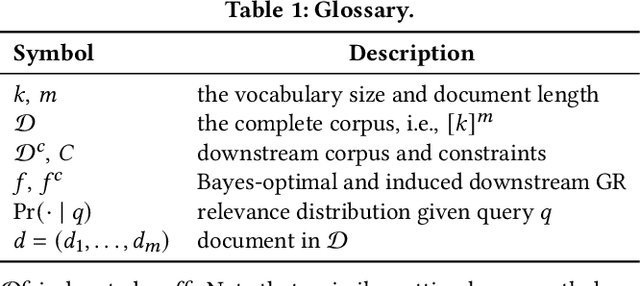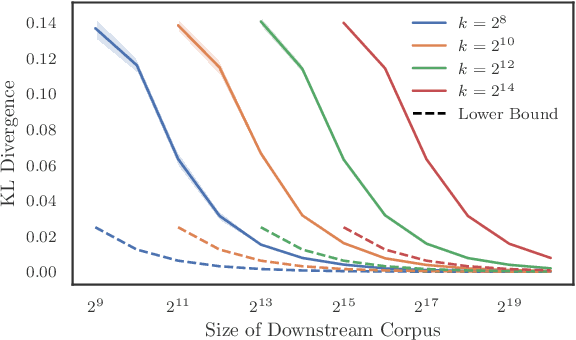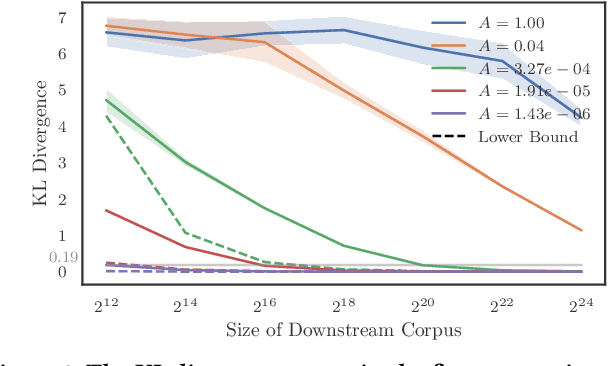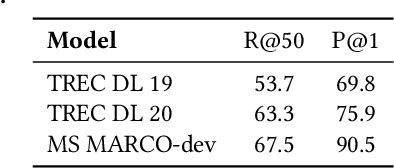Constrained Auto-Regressive Decoding Constrains Generative Retrieval
Paper and Code
Apr 14, 2025



Generative retrieval seeks to replace traditional search index data structures with a single large-scale neural network, offering the potential for improved efficiency and seamless integration with generative large language models. As an end-to-end paradigm, generative retrieval adopts a learned differentiable search index to conduct retrieval by directly generating document identifiers through corpus-specific constrained decoding. The generalization capabilities of generative retrieval on out-of-distribution corpora have gathered significant attention. In this paper, we examine the inherent limitations of constrained auto-regressive generation from two essential perspectives: constraints and beam search. We begin with the Bayes-optimal setting where the generative retrieval model exactly captures the underlying relevance distribution of all possible documents. Then we apply the model to specific corpora by simply adding corpus-specific constraints. Our main findings are two-fold: (i) For the effect of constraints, we derive a lower bound of the error, in terms of the KL divergence between the ground-truth and the model-predicted step-wise marginal distributions. (ii) For the beam search algorithm used during generation, we reveal that the usage of marginal distributions may not be an ideal approach. This paper aims to improve our theoretical understanding of the generalization capabilities of the auto-regressive decoding retrieval paradigm, laying a foundation for its limitations and inspiring future advancements toward more robust and generalizable generative retrieval.
 Add to Chrome
Add to Chrome Add to Firefox
Add to Firefox Add to Edge
Add to Edge